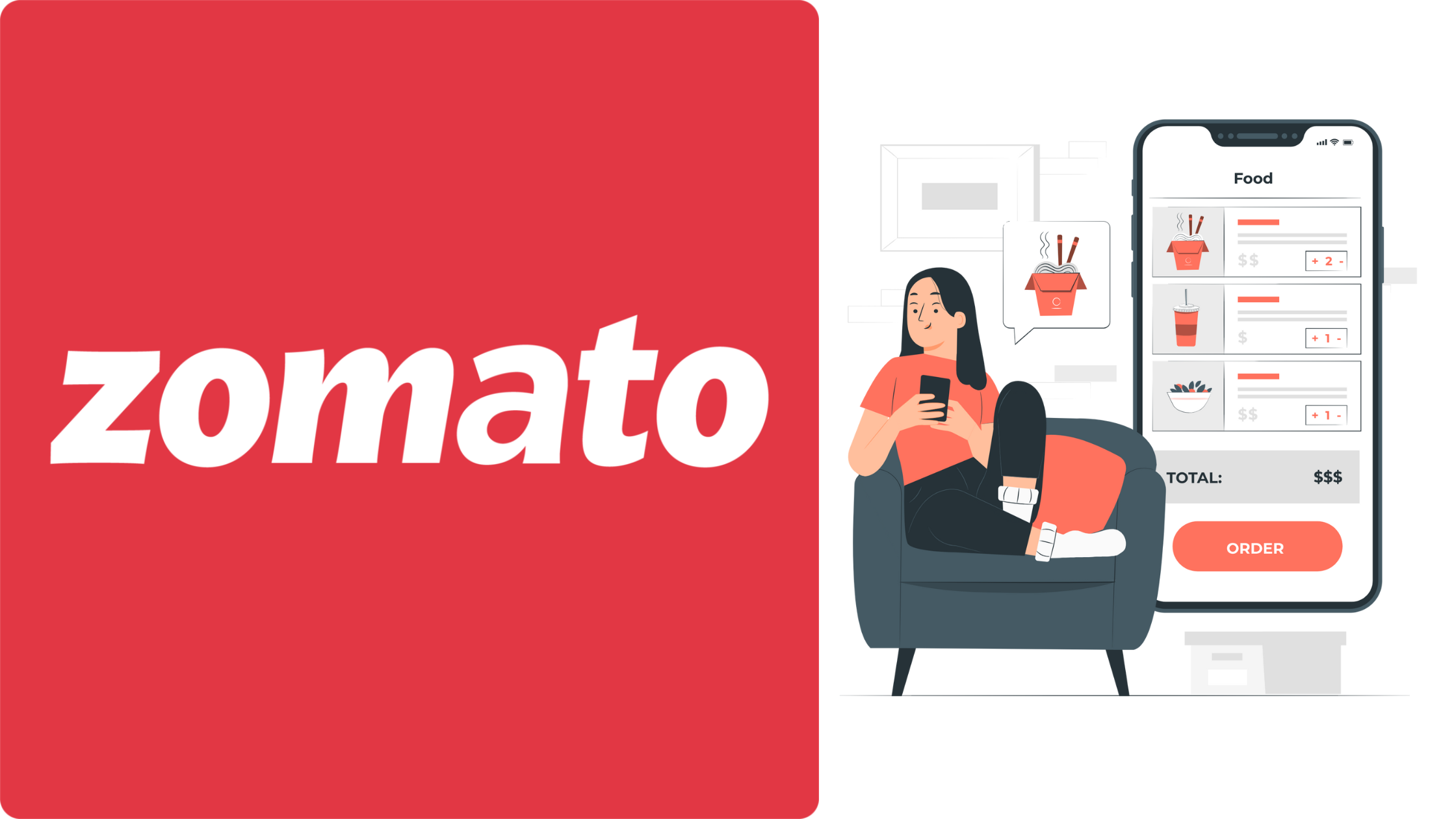
From Menu Cards to Eternal: The Zomato Saga
The Birth of a Food Tech Giant
“Necessity is the mother of invention”.
As Deepinder and Pankaj were seeing their colleagues, all huddled around a stack of menus, debating what to order for lunch, they felt there was a need for a straightforward digital directory of restaurant menus, and that was how foodiebay was created in 2008 and over the years it has become one of NCR’s go-to food discovery platform.
By 2010, Foodiebay rebranded as Zomato, a name loved by many Indians and beyond as their go-to for online ordering and reviewing dishes as well as restaurants, and interacting within the community.
The company’s early success mirrored the journey of many startups that leverage simple ideas, execute them well, and then scale aggressively, something we at htraction deeply resonate with as we nurture startups aiming for disruptive innovation.
Rebranding, Expansion, and Acquisitions
When Zomato rebranded, it was for more than just a better name, it was to signify a broader vision. Zomato grew quickly into multiple cities throughout India and then realized they could grow even faster by leaving India. But the growth plan was a template for scaling, based on rapid and reasonable acquisitions. When they acquired Urbanspoon in 2015, Zomato put down roots in the US, Canada, and Australia.
Such expansion is not merely about acquiring competitors, it’s about mapping market behavior, localising experiences, and using AI-driven insights to personalise offerings in new geographies.
At htraction, we focus on this very type of AI-driven personalization for startups, because scaling is not merely about reach but also about relevance.
Pivoting Beyond Food Discovery: AI, Delivery, and Personalization
Zomato’s most significant and memorable transformation came in 2015 when it expanded into food delivery, shifting from being just a discovery platform to an end-to-end food service provider.
Zomato has integrated AI-powered recommendations through Zomato AI, enabling users to receive targeted recommendations that take into account eating habits, dietary preferences, and in some cases, even the day of the week or mood. The ability to ask, “What should I eat when I’m hungover?” and receive an answer generated by AI is precisely the kind of hyper-personalisation that modern consumers desire.
At htraction, we think all startups, regardless of sector (food delivery, e-commerce, or healthcare, etc.), need to embrace AI and provide ultra-personalised experiences. We are encouraging our startups to follow Zomato’s model of building stickiness via AI-powered personalisation.
Marketing That Talks to You (or maybe flirts a little)
Zomato didn’t just scale through AI and acquisitions, it also mastered the art of digital engagement.
From witty and humorous push notifications to viral social media posts that tapped into pop culture trends, and the new emerging consumer base of Gen Z, Zomato has consistently been at the forefront of relatable, humanized marketing.
From engaging with people on their social media comments in a quirky manner to putting up unique content, Zomato mastered the art of engaging the customer long before it became the norm.
This ability to speak in the language of consumers is something we emphasize at htraction when advising startups.
AI can predict future trends, but at the end of the day, brands need to tap into the emotions of the consumers; something Zomato has perfected over the years.
Sustainability, IPO, and Beyond
With the introduction of 100% plastic-neutral deliveries, cutlery-free default options, and carbon offset programs, Zomato has taken commendable steps in sustainability and demonstrated how tech-driven growth doesn’t have to be at the expense of our environment.
In 2021, Zomato’s IPO marked a significant moment for Indian startups, proof that a homegrown unicorn could scale globally and be investor-friendly.
The Big Rebrand: From Zomato to Eternal
On February 6, 2025, Zomato rebranded as Eternal Limited evolving beyond food into multiple verticals, including quick commerce (Blinkit), B2B restaurant supplies (Hyperpure), and live events (District).
So, what does Eternal represent?
- A Bigger Vision: No longer just about food, Zomato (now Eternal) is creating an ecosystem around lifestyle, convenience, and real-time commerce.
- AI at the Core: The shift allows for deeper AI-driven personalization across its platforms, from food recommendations to quick-commerce suggestions based on past behavior.
- A Legacy in the Making: With the name “Eternal”, it signals long-term ambitions achievable only by a few.
What lessons does Eternal bring forth?
At htraction, we work with startups to future-proof their business models. Zomato’s journey to Eternal offers key lessons:
- Startups need to pivot, scale, and rebrand when necessary, just like Zomato did multiple times.
- Personalization isn’t a luxury, it’s a necessity. Be it for food delivery or e-commerce, user-centric interface and recommendations are the need of the hour.
- Marketing should be for the people. Marketing that uses emotions attracts and retains consumers in the long run
From a humble menu directory to an AI-driven global brand, Zomato (or Eternal’s) tale is a lesson in adaptability, personalisation, and foresight; the same virtues we practice and preach for at htraction.
